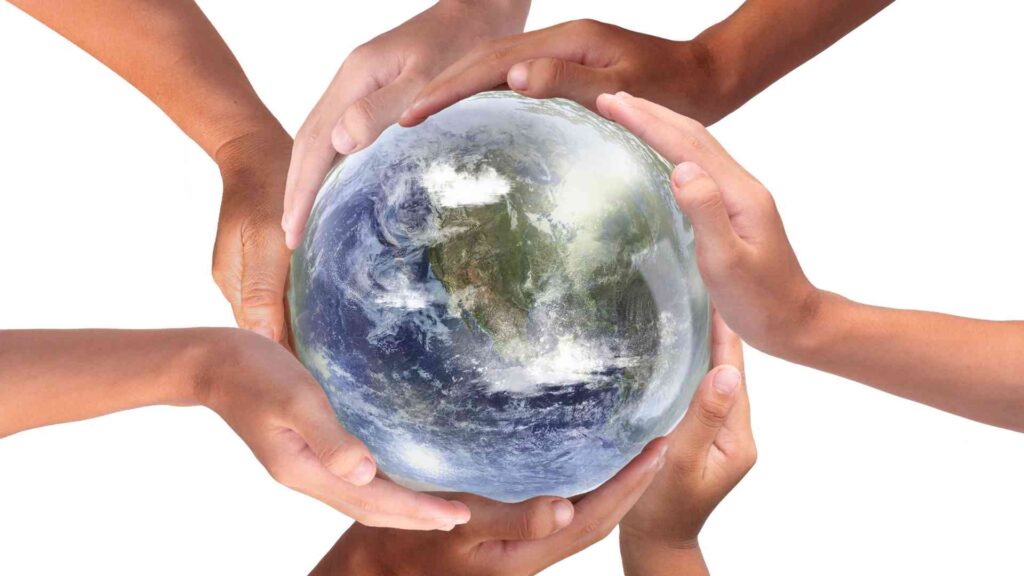Discover comprehensive information for all aspects of sexual health and find resources and guidance to empower your sexual well-being.
The underlying cause as well as the severity of pain determine the varied treatment approaches…
Discover comprehensive information for all aspects of sexual health and find resources and guidance to empower your sexual well-being.
The underlying cause as well as the severity of pain determine the varied treatment approaches…
The International Society for the Study of Women’s Sexual Health describes Hypoactive sexual desire disorder…
Erectile dysfunction (ED) is a common condition affecting men, often characterized by the inability to…
Sleep-related painful erection (SRPE) is a rare condition where people get painful erections while they’re…
Erectile dysfunction (ED) is a common condition that affects millions of men worldwide, causing distress…
Erectile dysfunction (ED) is a condition that affects many men worldwide, leading to significant stress,…
Prostate health is a critical concern for men, especially as they age. The prostate gland…
In both personal and professional settings, the art of conflict resolution plays a pivotal role in navigating disagreements and disputes. Effective conflict resolution transforms potential setbacks into avenues for growth, collaboration, and deeper understanding. Whether it’s a clash between colleagues over project direction or a disagreement with a friend about plans, mastering conflict resolution techniques ensures these situations are handled with tact and empathy.
Table of Contents
ToggleConflict is an inevitable aspect of human interaction, arising from differences in interests, beliefs, or values.

At its core, conflict resolution is about finding a peaceful solution to these disagreements, employing a process that encourages dialogue, understanding, and mutual respect. It’s a way to bridge gaps and find common ground in a situation where opposing viewpoints or needs collide.
There are several types of conflicts:
Understanding the nature of the conflict is the first step in resolving it, as each type may require a different approach or strategy.
For instance, an interpersonal conflict might call for open communication and empathy, while organizational conflicts may need structured mediation processes.
The benefits of effective conflict resolution are far-reaching. Effective conflict resolution is crucial for fostering healthy relationships, maintaining productivity in organizations, and promoting peace in societies.
By resolving conflicts peacefully, individuals and groups can:
Conflicts, if not addressed properly, can lead to stress, anxiety, and a breakdown in communication.

Conflict resolution techniques help prevent conflicts from escalating and damaging relationships irreparably. By addressing issues directly and respectfully, parties involved can maintain trust and mutual respect.
Engaging in conflict resolution requires active listening, clear communication, and empathy. As individuals express their concerns and viewpoints, they also develop a deeper understanding of each other’s perspectives, leading to improved communication skills.
Resolving conflicts encourages collaboration and cooperation among individuals or teams. By working together to find solutions, parties can harness collective creativity and expertise to address complex problems effectively.
Conflict resolution skills can prevent minor disagreements from escalating into situations that disrupt workflow or cause lasting resentment among team members.
Unresolved conflicts can hinder productivity and morale in workplaces. By resolving disputes promptly, organizations can minimize disruptions and focus their energy on achieving their goals.
Successfully navigating conflicts builds resilience and problem-solving skills, equipping individuals and groups with the capacity to handle future challenges more effectively.

On a larger scale, conflict resolution contributes to community cohesion and societal peace. It’s instrumental in addressing social, political, and economic disputes, paving the way for dialogue and mutual understanding instead of hostility and division.
Effective conflict resolution involves a variety of strategies, each catering to the nuances of different situations:
Truly listening to the other person’s perspective without interrupting or planning your rebuttal as they speak. This shows respect for their viewpoint and opens the door to understanding their position.
Related: Active Listening Techniques For Better Communication
Trying to see the situation from the other person’s point of view can significantly reduce the conflict’s intensity and lead to more empathetic solutions.
Related: Empathy 101: All You Need To Know
Identifying shared interests or values as a basis for agreement. This can shift the focus from opposing positions to collaborative problem-solving.
Once mutual understanding is achieved, parties can collaboratively explore solutions that address the needs and concerns of everyone involved.
Providing individuals with conflict management training equips them with the skills and knowledge needed to address conflicts effectively. Training programs often cover topics such as communication skills, emotional intelligence, and negotiation techniques.

Recognizing when a conflict is beyond personal resolution can be crucial. In such cases, mediation or professional guidance may be necessary to find a resolution.
Consider a scenario where two team members disagree on a project’s direction. By employing active listening and empathy, they understand each other’s concerns and find a compromise that incorporates both visions, leading to a more innovative outcome.
A common dispute might arise from misaligned spending habits. Through open communication and understanding perspectives, a couple can establish a budget that respects both their financial goals and lifestyle desires.
Related: Effective Communication in Relationships
A neighborhood dispute over parking spaces can be resolved by organizing a community meeting where residents express their concerns. Finding common ground and collaboratively developing a parking schedule can alleviate tensions and foster community spirit.
Amidst tensions between two neighboring countries over territorial disputes, diplomatic negotiations are initiated to find a peaceful resolution. Through sustained dialogue, confidence-building measures, and compromise, the countries reach a bilateral agreement that respects both parties’ interests and promotes regional stability.
Navigating conflicts effectively is essential for fostering harmonious relationships and productive environments. By understanding the nature of conflict and employing targeted resolution strategies, individuals can transform disagreements into opportunities for growth and collaboration.
Dr. Nishtha, a medical doctor holding both an MBBS and an MD in Biochemistry, possesses a profound passion for nutrition and wellness. Her personal journey, marked by significant struggles with physical and mental health, has endowed her with a unique empathy and insight into the challenges countless individuals face. Driven by her own experiences, she leverages her background to offer practical, evidence-backed guidance, empowering others on their paths to achieving holistic well-being. Dr. Nishtha truly believes in the interconnectedness of the mind and body. She emphasizes the significance of understanding this connection as a crucial stride toward attaining balance and happiness in life.

